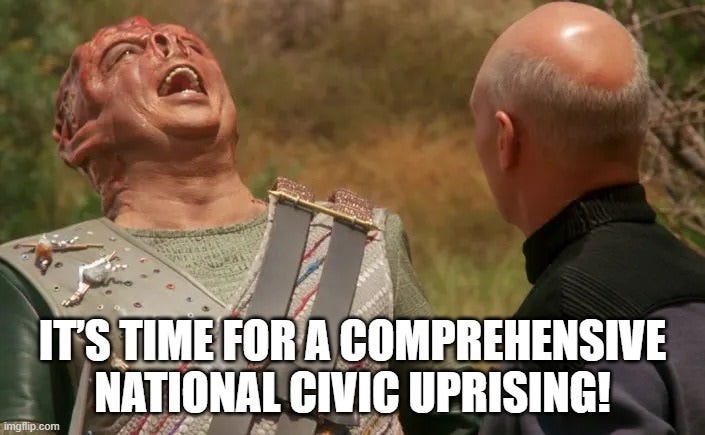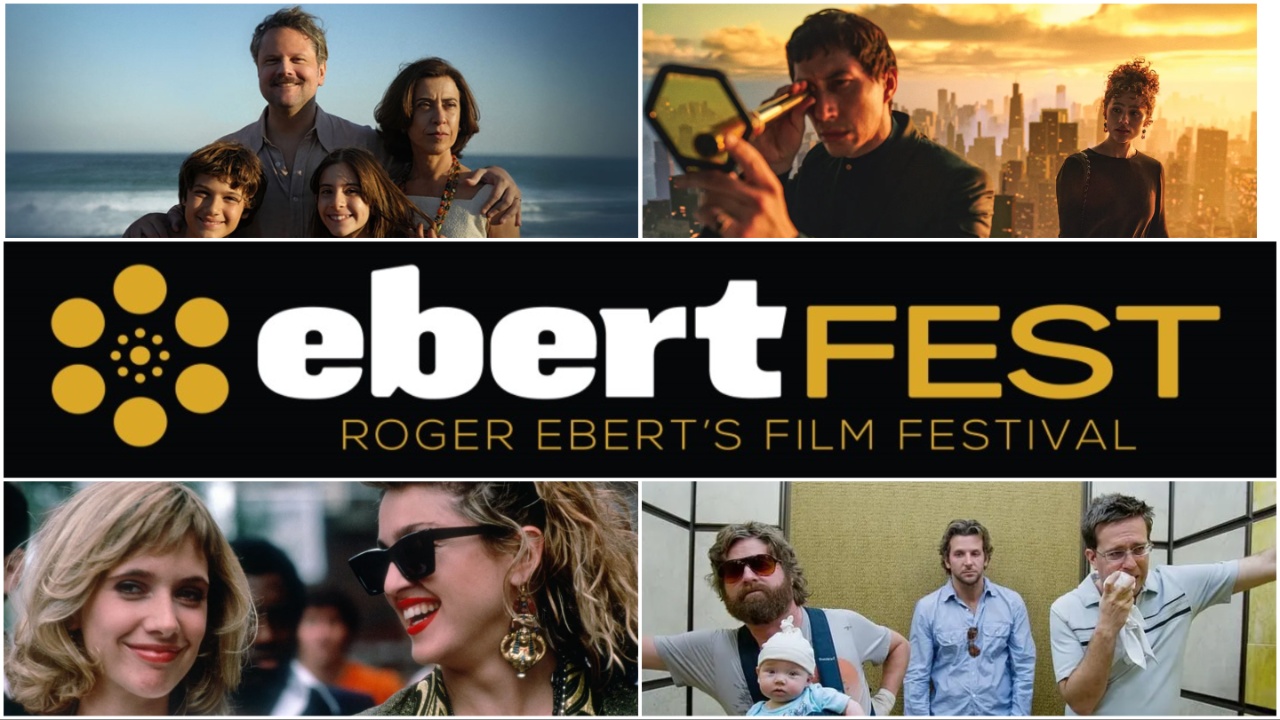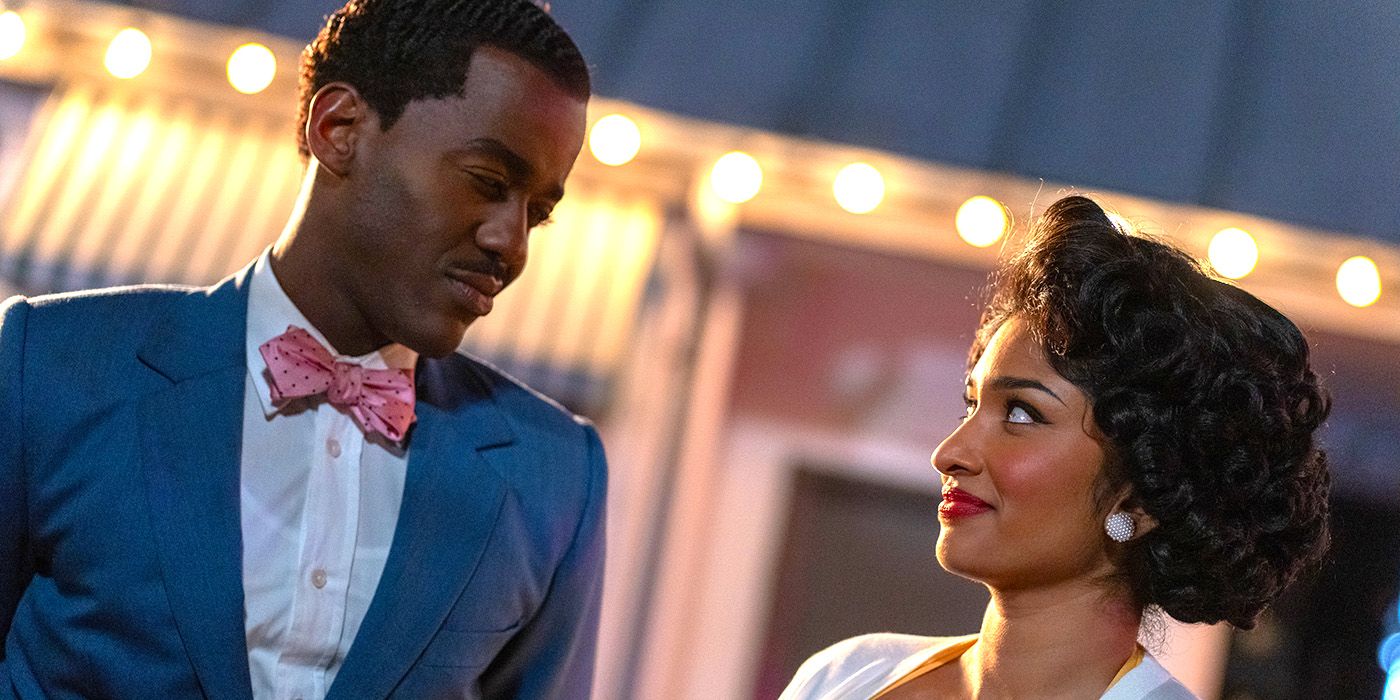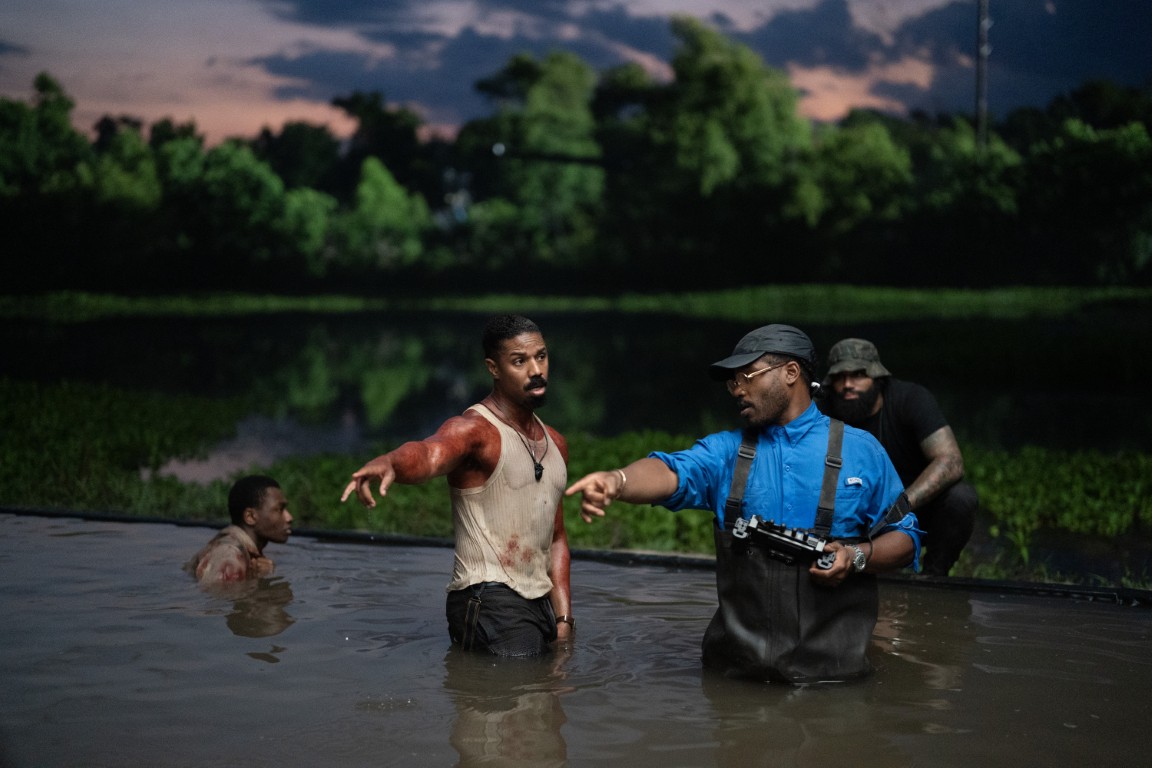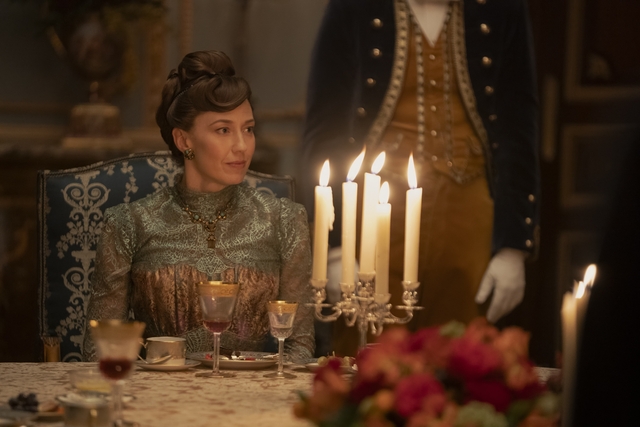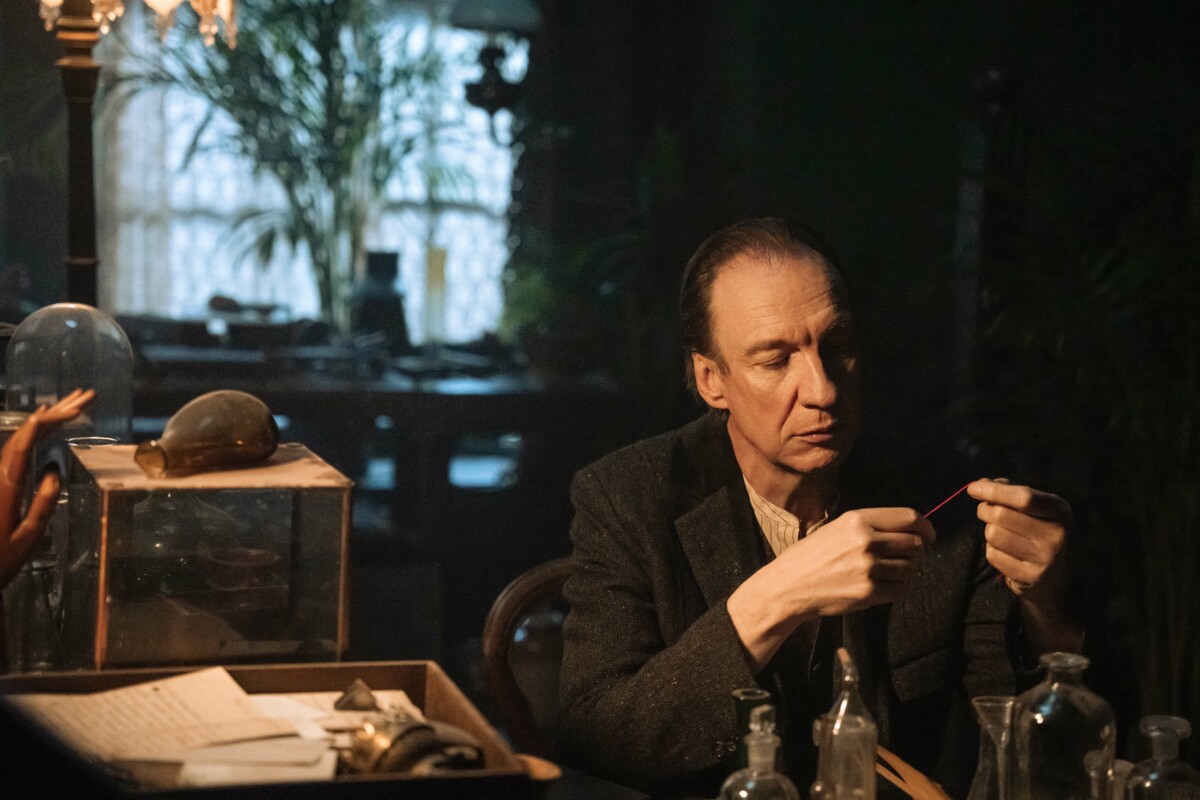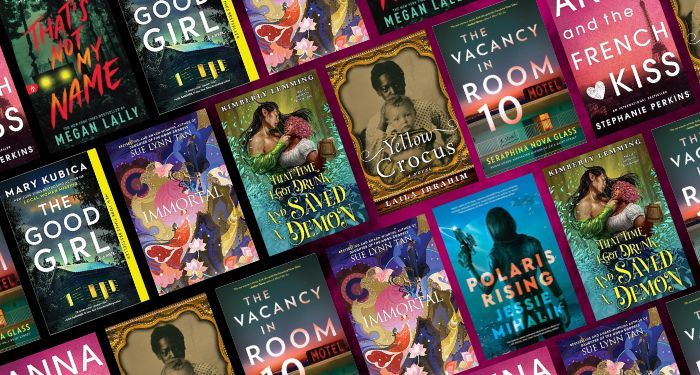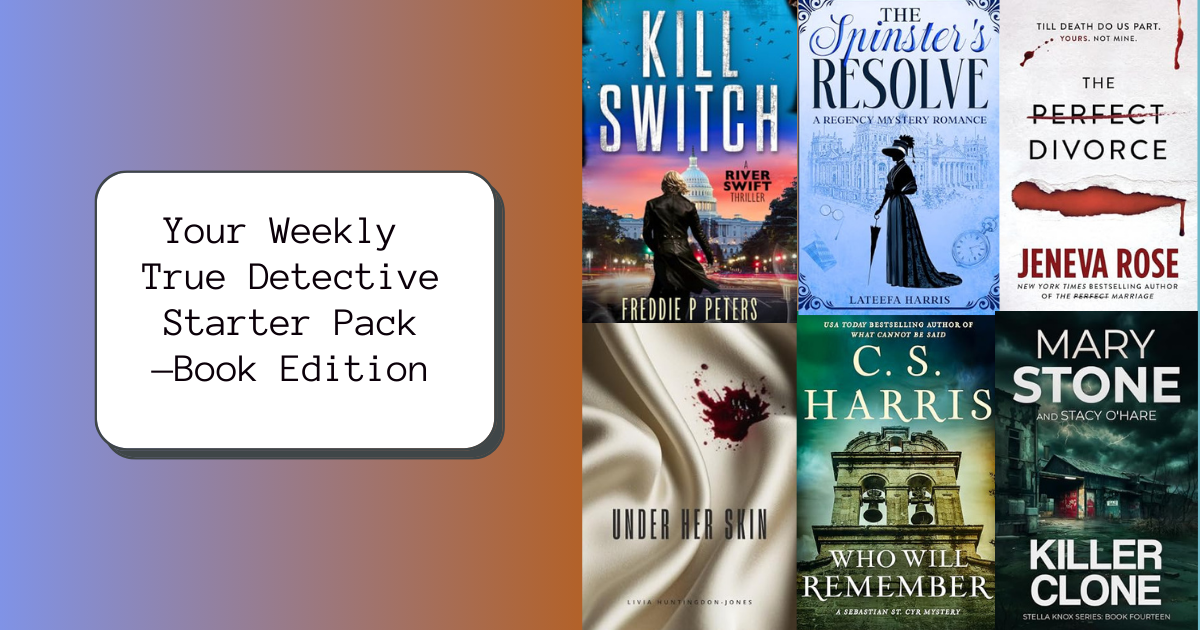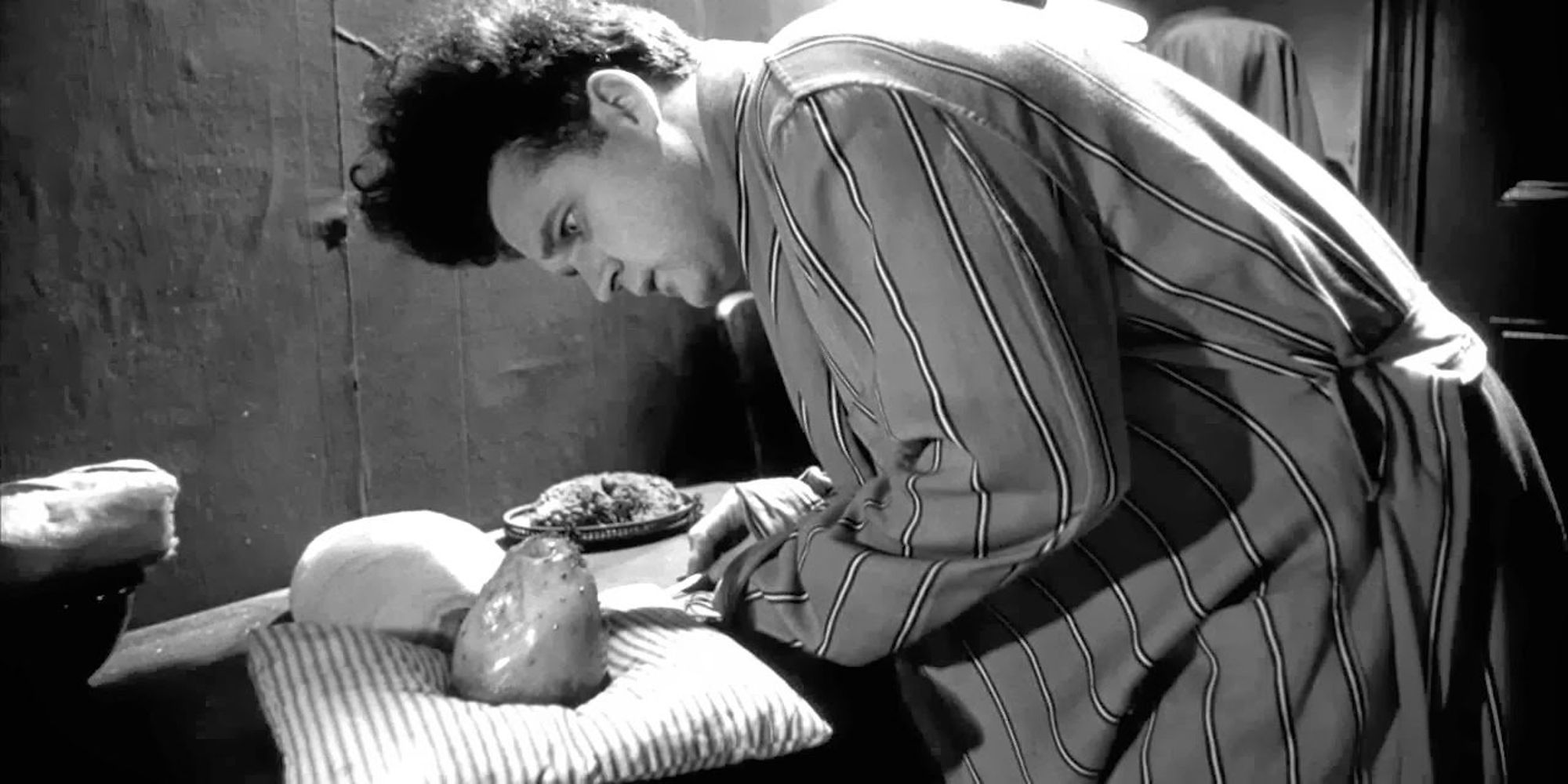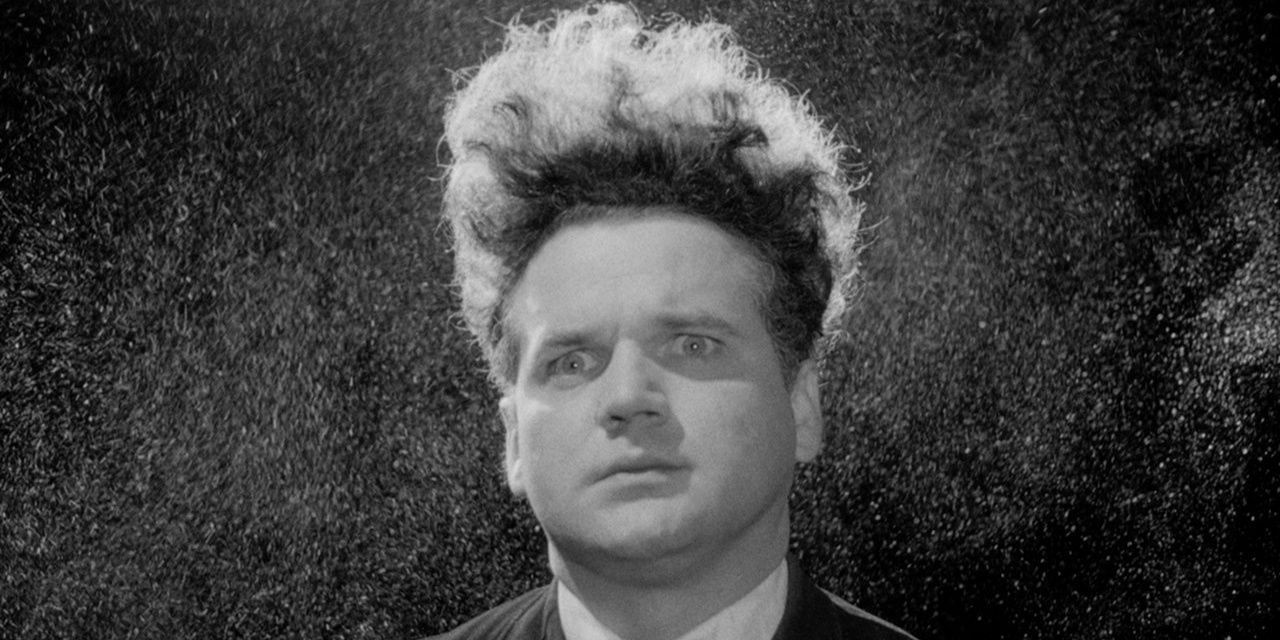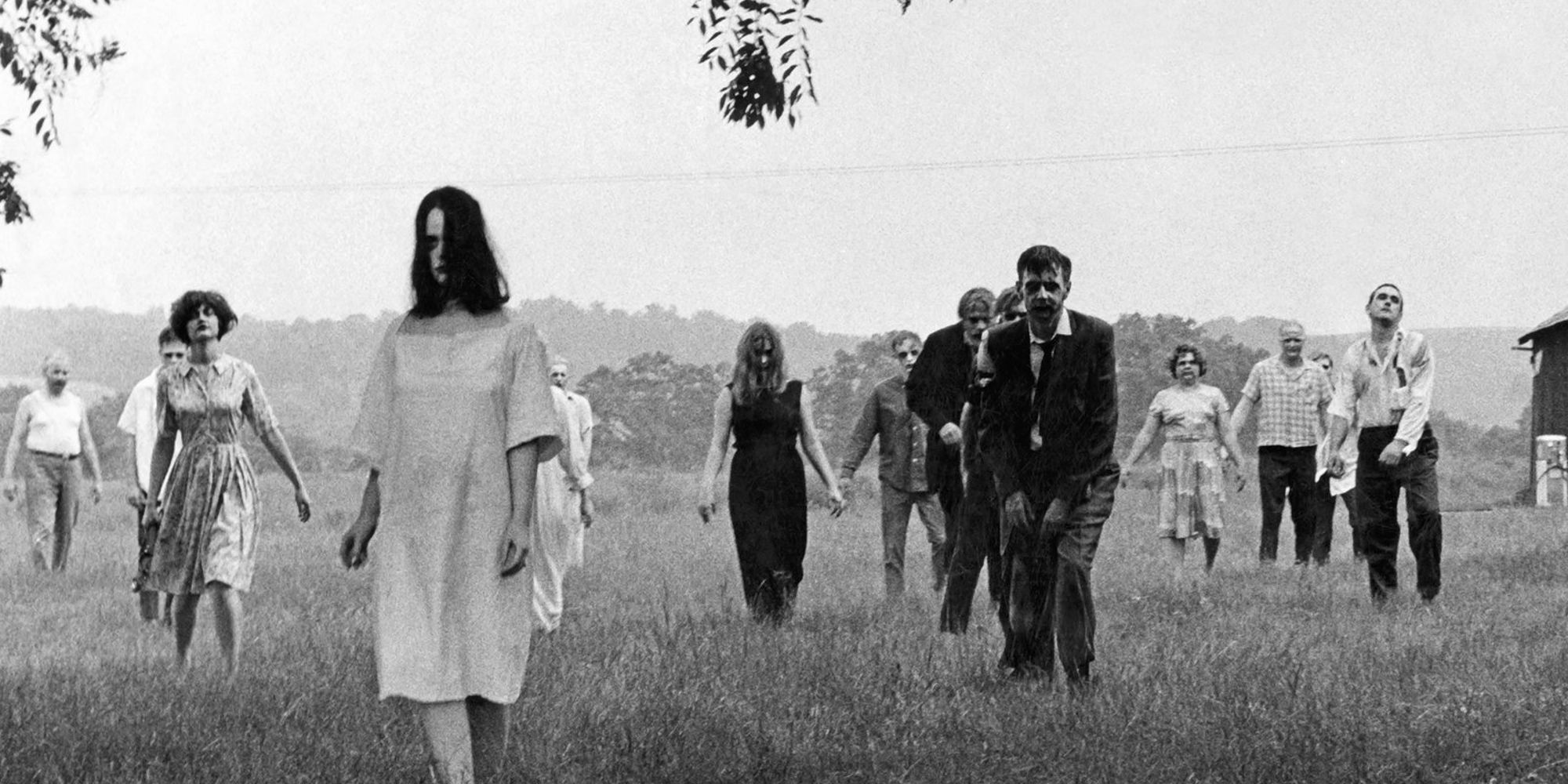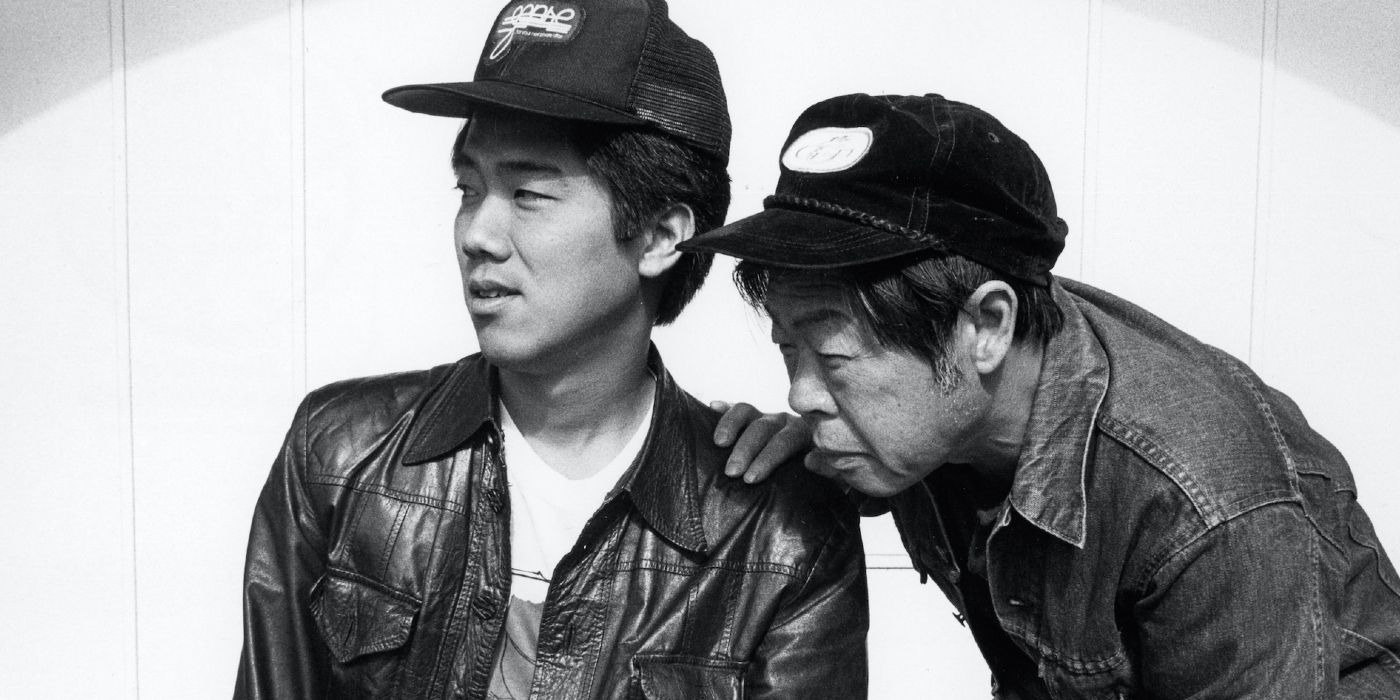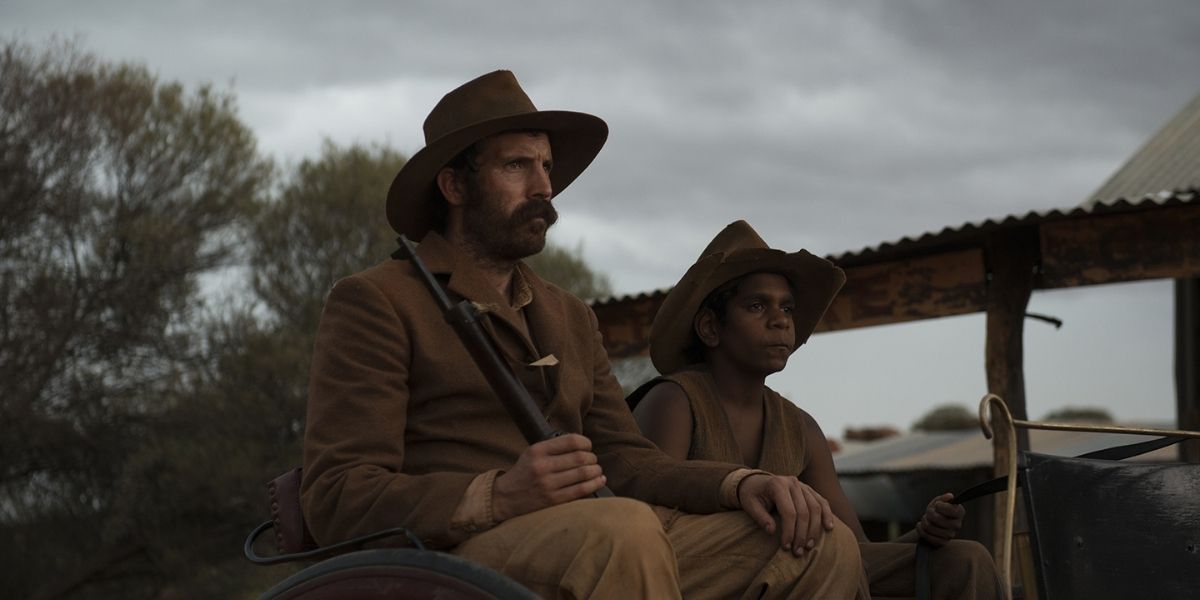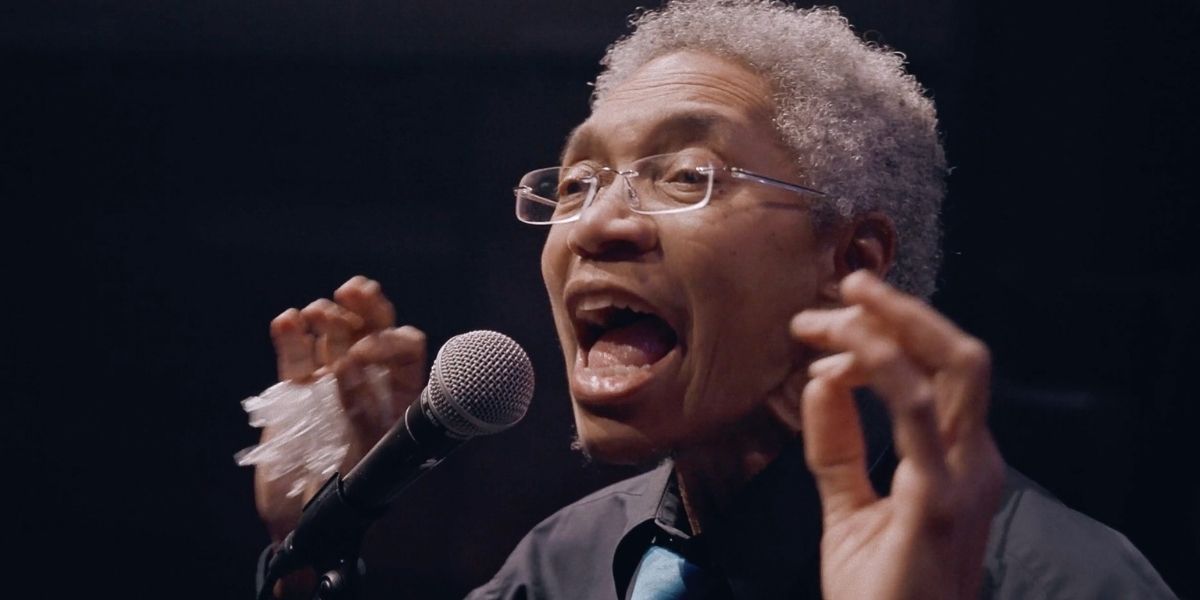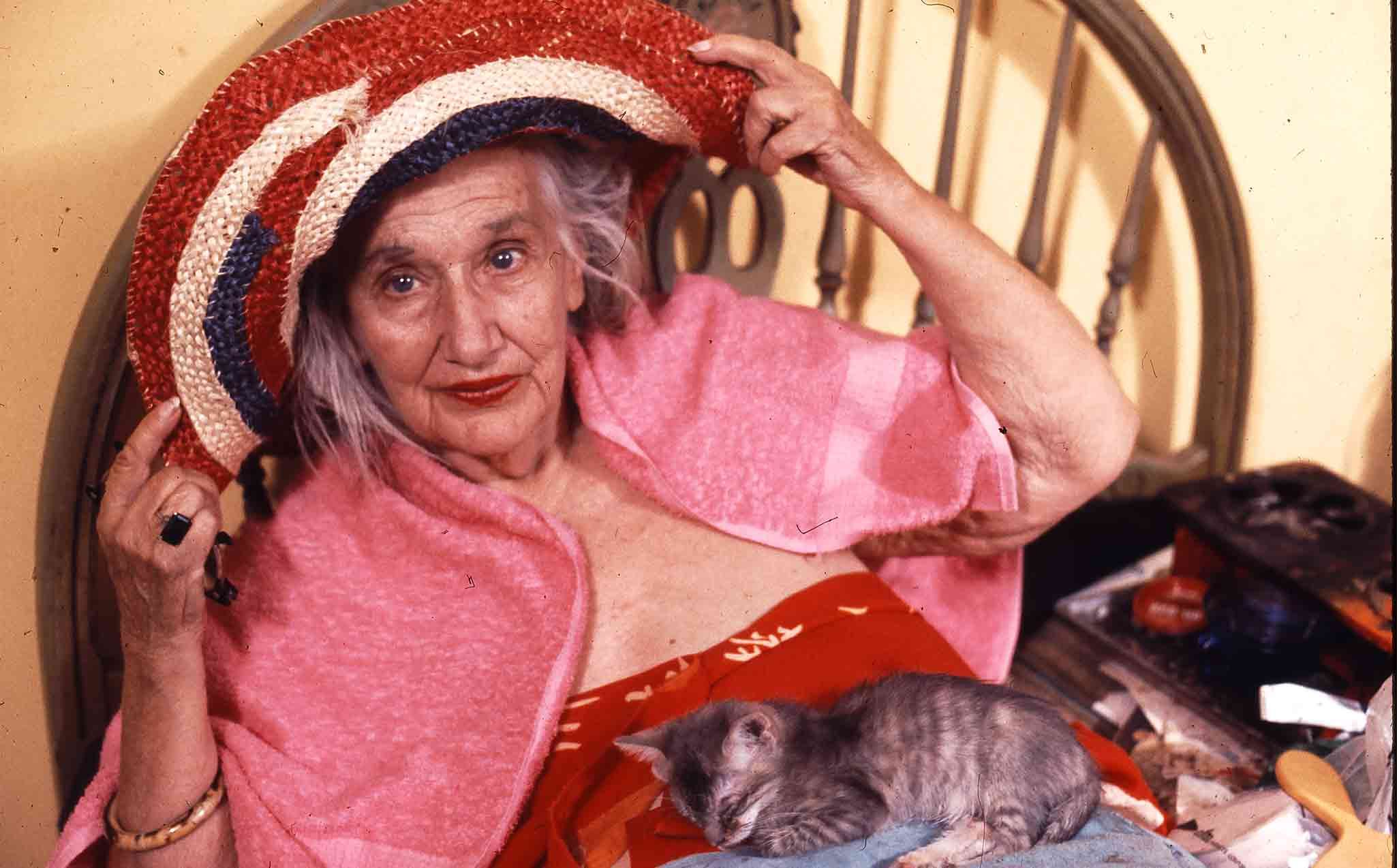A new month means a new slew of collections on The Criterion Channel. June is LGBTQ+ Pride Month and the home of the Juneteenth holiday. We’ve got movies paying homage to those features of this first month of summer, a collection of can’t-miss classics made on shoe-string budgets, and the directorial debut of one of nerd culture’s most gifted screenwriters.
Available: June 1
Directed by: David Lynch
Written by: David Lynch
Cast: Jack Nance, Charlotte Stewart, Allen Joseph, Jeanne Bates
Any excuse to talk about a David Lynch movie is usually a good excuse. He makes the sort of films for which a cinema club like The Criterion Channel was made. Eraserhead is his career debut. It’s a bizarro “horror” film, shot in black-and-white over the course of five years. Its script was the about the length of a drama teleplay, the final product massaged to feature length by stretches sans dialogue, just the artful photography and the industrial-ambient score, the strange cries of the mutant baby at the story’s center. It makes the film operate as a sort of nightmare meditation. The influence of Eraserhead is felt most in the far reaches of the pulp-horror cinemascape, in the works of Japan’s Takashi Miike and even in Alex Garland’s recent gonzo allegory Men.
This movie is not violent, or gory, but it leans so heavily into the evocation of genuine strangeness—brazen otherness—that more horror-skeptic viewers might just count it as one of the most stressful watches of their film-loving lives.
Available: June 1
Directed by: George A. Romero
Written by: John Russo, George A. Romero
Cast: Duane Jones, Judith O’Dea, Marilyn Eastman, Karl Hardman, Judith Ridley
About a decade before Eraserhead, director George A. Romero put together a similarly low-fi but decidedly more gore-friendly variation of the black-and-white horror feature. Night of the Living Dead is a Vietnam-era political commentary with teeth. Specifically, zombie teeth, used by the infected antagonists of the piece to attack their victims at random. There isn’t the respectability moralizing of 80s slasher films, where Jason Voorhees makes explicit his stance on premarital fornication and underage drinking. These zombies will eat anybody, for no reason except that they are hungry. The heroes who populate the story are “regular Americans,” allowing the film to serve as subtle indictment of the country’s late 1960s culture. It would span countless imitators and artistic descendants, notably Romero himself, who would hammer away at the goldmine of allegory inherent in this kind of undead narrative. Never as subtly, though, as he does here.
Chan is Missing (1982)
Available: June 1
Directed by: Wayne Wang
Written by: Isaac Cronin, Terrel Seltzer, Wayne Wang
Cast: Wood Moy, Marc Hayashi
From a satire about America’s relationship with authority, and beliefs about its own safety, to a commentary about the Chinese-American community’s relationship with American assimilation. Produced with minimal funds—just like the two films that precede it on this list—Chan is Missing is a comedy and an early success of Asian filmmakers outside of Asian markets. It’s got an essential “road movie” plot—our two leads are combing through San Francisco’s Chinatown in search of Chan, who owes them thousands of dollars. As a result of this searching structure, the film is animated by the various characters our two leads meet along the way, each offering a nuance of the real-life California neighborhood, each with a different recollection of the titular Chan, who becomes a more unknowable mystery with each conflicting report. It’s a lighthearted film of historical importance and a good palette cleanser after dancing with Lynch and Romero up there.
Body Heat (1981)
Available: June 1
Directed by: Lawrence Kasdan
Written by: Lawrence Kasdan
Cast: William Hurt, Kathleen Turner, Richard Crenna
Not before or since has writer/director Lawrence Kasdan proved that he could excel at (or be remotely interested in) something like Body Heat. His screenwriting credits leading up to it are the legendary blockbusters Star Wars: The Empire Strikes Back (1980) and Raiders of the Lost Ark (1981), along with the John Belushi romantic comedy Continental Divide (1981). Body Heat, by contrast, is a sultry erotic thriller aimed squarely at an adult audience. Also directed by Kasdan, it is still his best handling of adult material all these years later. His ability to navigate a story in unexpected yet satisfying ways is on display, as well as his ability to provide his characters with recognizable motivations. That said, Kathleen Turner is technically the show-stealer here. It is her debut, and her smoldering performance immediately cemented her status as one of the great leading women of 1980s Hollywood.
Sweet Country (2017)
Available: June 9
Directed by: Warwick Thornton
Written by: David Tranter, Steven McGregor
Cast: Sam Neill, Bryan Brown, Hamilton Morris
Director Warwick Thornton is preeminent server of bracing stories featuring aboriginal Australian characters (his AMC+ vampire series Firebite is another example worth seeking out). Sweet Country is based on a true story, and tells of Sam, an aboriginal man who kills a white man, Harry, in self-defense. Because it’s 1929, and they’re in the outback, self-defense is not an acceptable excuse to the men who want to see Harry’s life paid back in kind. Sam must go on the run, pregnant wife in tow, and thus kicks off this R-rated crime thriller. This is 100% a Western, outback-setting notwithstanding, and has all the blood-pumping posturing and threats-through-gritted-teeth known and loved by fans of the genre. The setting itself is used to conjure up some great geographic photography, prettifying a bloody tale that dredges up a dark colonial history that doesn’t often get cinematic treatment.
Keyboard Fantasies (2019)
Available: June 6
Directed by: Posy Dixon
Cast: Beverly Glenn-Copeland
Beverly Glenn-Copeland is rightfully known, in his 70s, as a pioneering electronic musician. He is also a transgender black man who spent most of his life heretofore in obscurity. His only commercially available releases—including the 1986 self-released LP Keyboard Fantasies—barely sold at all. One day, in 2016, a Japanese record collector reached out to Glenn-Copeland hoping to snag a copy of this out-of-print collection. That email ended up being step one toward the world finally discovering Glenn-Copeland and his groundbreaking musical output. This 2019 documentary tells the musician’s story. It talks about his childhood in Philadelphia, about being subjected to electroshock therapy in a psych ward to “correct” his sexuality, about the touring he now does with his backing band of 20-somethings, to young crowds only recently meeting his music. That music has found fans in the likes of major-indie powerhouses like Bon Iver, Arca, and Blood Orange. It is an interesting story and a fleet documentary about a man who turned an Atari computer and a drum machine into a life’s work he’s lived long enough to see celebrated.
Available: June 27
Directed by: David Maysles, Albert Maysles, Ellen Hovde, Muffie Meyer
Cast: Edith “Big Edie” Ewing Bouvier Beale, Edith “Little Edie” Bouvier Beale
Film scholar John David Rhodes has called the documentary Grey Gardens a “rite of passage for gay men,” at least in the 1970s, when it was originally released. It tells the story of a mother and daughter, Edith and Edie, who once lived comfortable lives, fueled by fabulous wealth and their blood link to the Kennedy family. When the film’s documentarians get to them, they are in their 70s and 50s, respectively, and living out their co-dependent days in a dilapidated 28-bedroom mansion in the East Hamptons. Full of rotting wood, rats, cats, and raccoons, the women move through this seedy estate as though seeing only the beauty it may have held in its heyday. They dress in oddball fashion choices, speak in contradictory musings, and romanticize the past. They also bicker, often. If a marketing department was spit-balling the ingredients of a new classic of queer cinema, these bullet-points likely would not be atop their lists. But beneath the not-quite-verité chronicling of these women who speak as if their good years are all behind them, there is personality recognizably bursting. There is biting wit, individual style, and defiance. There is resilience in the face of societal rejection and in the face of time, with its threats of early irrelevance.
What this creates is an affecting (and affected) sense of poignancy, vulnerability, and camp. By today’s standards, it’s work that might feel almost exploitative on a first viewing, how unselfconsciously these women present themselves. Looking closer, you see two women not putting on a show but living one. As such they imbue the film with a sense of authorship that makes them feel not just like the subjects of the piece, but like central collaborators.










